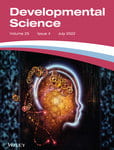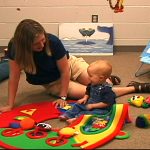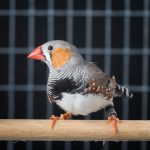How do babies change the way we see the world? Caregivers have long known that having a baby nearby changes how we see danger. Popular products like outlet covers and “baby gates” are a testament to just how vigilant parents need to be. Research in our lab is showing that everyone—not just parents—becomes more attuned […]
Your Brain on Babies: How Babies Turn You Into a Danger Detector












